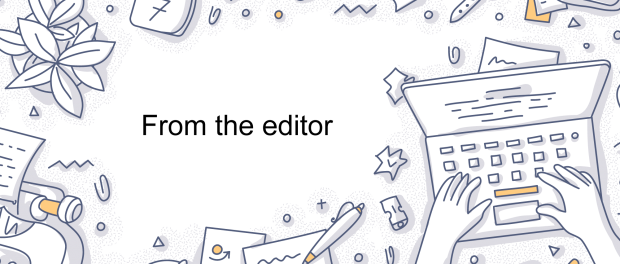From pain comes hope
From struggle comes a new tomorrow

It has now been more than a year since we changed our world view, since we cocooned and masked-up, and collapsed our physical spheres. It has been a time of loss and of pain for so many. We have seen the way the pandemic has amplified the inequities and struggles of many communities, especially Black, Indigenous, racialized, poor, and working poor communities. But finally, we are seeing hope on the horizon, at least in terms of vaccinations and wellness. It is a small hope, but I think it is a step towards a greater healing.
The pain that many communities are facing right now is nothing new, but for many people, we are seeing more clearly these inequities. It is maybe from the recognition of the challenges that we can continue to work towards a more hopeful future. Sometimes it takes a form of hurting so intense for us to have our worlds shaken up and reworked. This may be one of these times of reckoning. It is the time for us to look forward to changes that will help reduce inequities and injustice. I’m holding onto this hope as I’m holding onto the warm rays of sun that beam down on the plants and trees in my city.
OSSTF/FEESO is embarking on its own journey of growth and change. This issue is a testament to this. We see it in articles like that of the two teacher candidates who have faced completing their teacher certification during a pandemic—they speak of the great change that they have had to experience and of the way their eyes have been opened by this unknown learning style. They embark on their careers as educators, as future OSSTF/FEESO members with a perspective of equity that no previous teacher candidates could have imagined. Their practice will be all the stronger because of this experience, it will be strengthened by this heightened awareness of access, of privilege, and it will be pushed by their dedication to challenging oppression. We hear from Wacera W. Muriuki, an international student at one of Ontario’s universities, about the importance of identity in claiming one’s voice and in asserting one’s value, especially when confronting colonial structures and practices embedded in our learning institutions. Janelle Brady also challenges us to consider the history of Black identity and Black bodies in the history of labour activism, and to recognize the responsibility of our organizations to actively fight anti-Black racism and oppression.
Our president-elect, Karen Littlewood, featured in this issue speaks of her drive to use unity and our collective voice as part of the larger labour movement. Her ability to see OSSTF/FEESO as a leader in Canadian labour situates us as changemakers and as policy setters. By focusing on our togetherness and on the role education has in shaping a more just society, Littlewood brings a hope for greater unity as we fight austerity agendas, privatization, and most importantly, anti-Black racism, anti-Indigeneity, oppression, and the legacy of colonialism.
The power of pausing and reflecting on where we are shows us that there is a new day ahead. I wish each of you a bright tomorrow and I hope the spring ushers in the growth and change you want. Perhaps something in this issue will spark in you a new thought or a new excitement. No matter what we face as we move through the pandemic, we will be forever changed. The pain has been real and must be acknowledged while also embracing the hope of tomorrow.
In solidarity,
Tracey Germa, Editor

Leave a comment